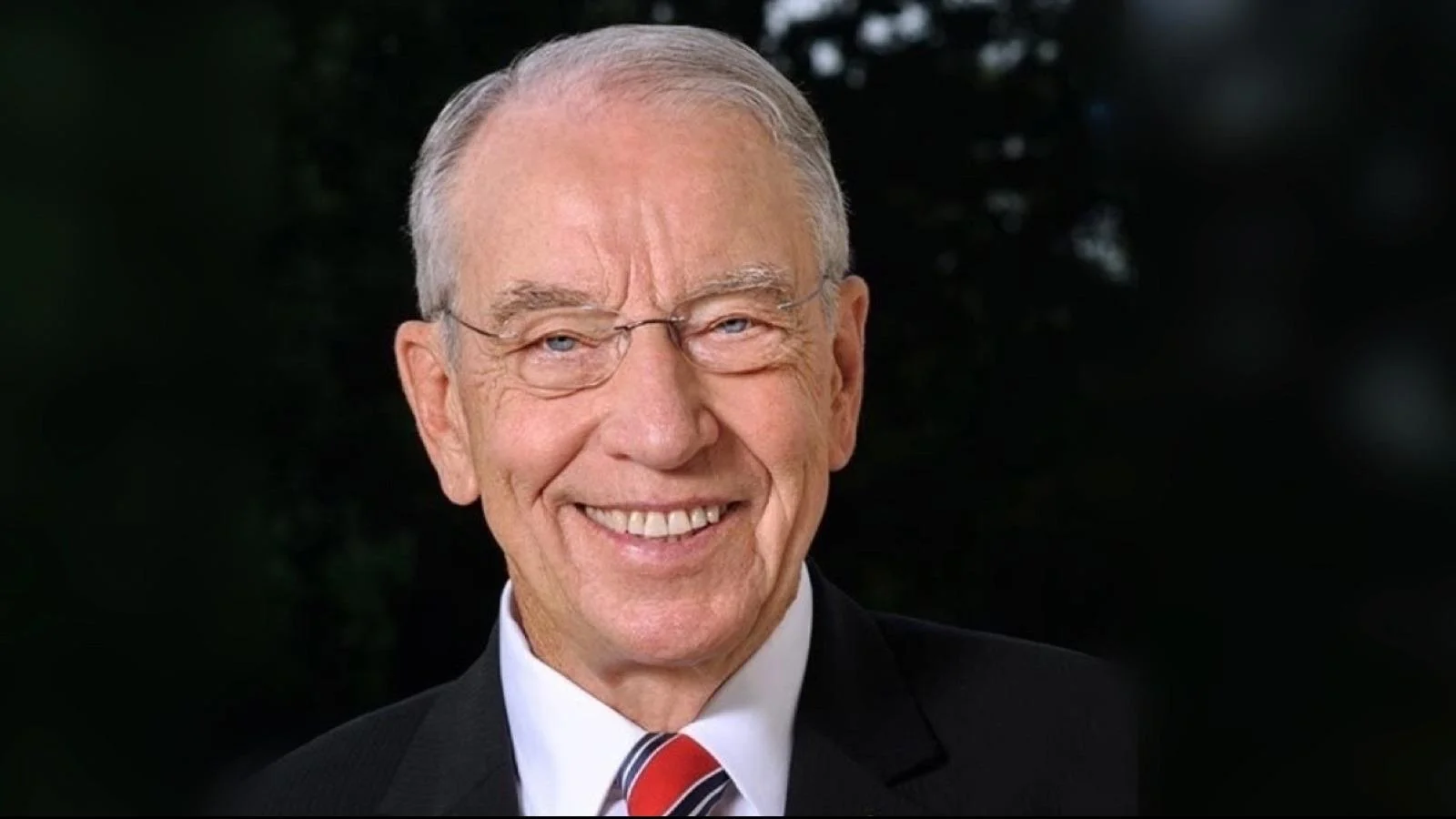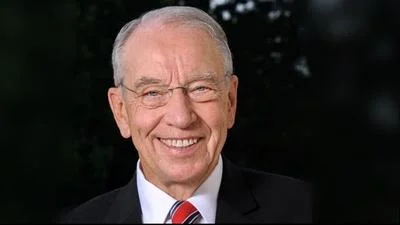Senator Chuck Grassley | Official U.S. Senate headshot
Senator Chuck Grassley | Official U.S. Senate headshot
The Homeland Security and Governmental Affairs Committee (HSGAC) has advanced three bipartisan bills sponsored by Senate Judiciary Committee Chairman Chuck Grassley (R-Iowa) and HSGAC Ranking Member Gary Peters (D-Mich.). The legislation includes the Expanding Whistleblower Protections for Contractors Act, the Lobbying Disclosure Improvement Act, and the Disclosing Foreign Influence in Lobbying Act.
“Whistleblowers working for federal contractors and subcontractors shouldn’t face retaliation for sounding the alarm on waste, fraud and abuse,” Grassley said. “These patriots are critical in safeguarding Americans’ tax dollars. As a long-time advocate for whistleblowers, I’m glad to see the committee pass my legislation to strengthen protections for whistleblowers and close the loopholes that have allowed retaliation.”
“Additionally, the public has a right to know if a foreign government is trying to sway American policy. My bipartisan lobbying disclosure bills would stop individuals from concealing their lobbying efforts and ensure that all foreign actors are exposed. I’m going to continue to work diligently with my colleagues to get all three of these bills to the president’s desk,” Grassley continued.
The Expanding Whistleblower Protections for Contractors Act aims to address gaps in current law that leave some employees of federal contractors unprotected after reporting misconduct within federal agencies. The bill also clarifies that whistleblower protections cannot be waived through arbitration agreements or other employment conditions.
The Lobbying Disclosure Improvement Act would require lobbyists registered under the Lobbying Disclosure Act (LDA) to disclose whether they claim an exemption under the Foreign Agents Registration Act (FARA). This change is intended to help authorities better identify cases where foreign government interests may be represented without proper transparency.
The Disclosing Foreign Influence in Lobbying Act seeks to ensure that lobbying organizations reveal when foreign governments or political parties are involved in their activities, even if those entities do not provide financial contributions. Law enforcement agencies have identified situations where foreign adversaries have used private organizations or businesses closely linked with them as intermediaries in influencing U.S. policy.





 Alerts Sign-up
Alerts Sign-up